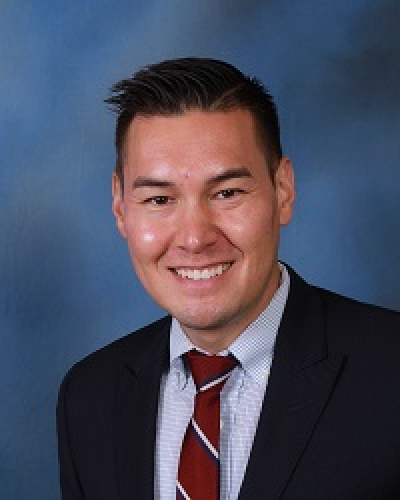Concomitantly Being the Mentee and Mentor
We all need mentors to help guide us through our careers. I am very fortunate to have had and currently have many generous and knowledgeable mentors. I rely greatly on them to provide feedback and advice on how to navigate the many challenges of being a physician-scientist.
As early-career trainees, we are often concomitantly seeking mentorship and are being a mentor to younger trainees. Throughout my clinical and research training, I have had the opportunity to mentor many enthusiastic and talented undergraduate/graduate/medical students and residents. Since I have been a mentee for much longer than a mentor, I feel comfortable finding advisors who can assist with my career development. However, I feel relatively inexperienced as a mentor. I find mentoring challenging in that it requires adapting to the needs and personality of the trainee. I am constantly refining my coaching style and trying to emulate many of the outstanding mentors that I have.
For this blog, I have compiled a list of some tips that I have learned or received from others on how to be mentor-able and how to be an effective mentor.
Tips on How to Be a Good Mentee:
- Find the “right” mentors for you. Various factors play a role in making a match. Finding advisors is one of the most important steps needed to advance your career. It is not necessary to always find the most senior faculty members to be your mentor. There are many benefits of having a junior faculty member as a mentor, which I have discussed previously.
- Be accountable.
- Be receptive to feedback.
- Be respectful and appreciative. Respect your mentor’s time.
- Be diligent. You have to do the work. Mentorship is a two-way street so think about the value that you bring to the relationship (especially relevant to trainees who are completing research projects with their mentors).
- Let your mentor know what your short and long-term goals are and what you seek to gain from the mentorship.
- Keep in touch with your mentors. Update them on your achievements even after you have completed your training and/or moved to another institution.
Tips on How to Be a Good Mentor:
- Do not do all the work for the mentee.
- Give a new potential mentee a task/assignment to complete as a trial run to determine whether the mentee is committed and dependable. This may prevent loss of effort trying to mentor a trainee who may not be motivated or interested in your field.
- Be knowledgeable.
- Be a good listener and communicator.
- Keep your promises.
- Provide constructive, honest feedback.
- Encourage diversity of perspectives.
- Be available or willing to make time to meet with the trainee.
- Be open to learning from your mentees.
- Know your role and what your mentees’ expectations are for the relationship.
- Help provide opportunities for trainees (e.g. encourage attending conferences, submitting abstracts/papers, applying for awards, etc.) and help your mentees network with others.
- Emulate the excellent mentors that you know.
These lists are not comprehensive. I would love to hear about your thoughts, experiences, and advice on mentorship. I am especially interested to learn about the experiences of early-career investigators who have started new labs.
Thanks for reading and hope you have a safe, healthy, and happy new year!
“The views, opinions and positions expressed within this blog are those of the author(s) alone and do not represent those of the American Heart Association. The accuracy, completeness and validity of any statements made within this article are not guaranteed. We accept no liability for any errors, omissions or representations. The copyright of this content belongs to the author and any liability with regards to infringement of intellectual property rights remains with them. The Early Career Voice blog is not intended to provide medical advice or treatment. Only your healthcare provider can provide that. The American Heart Association recommends that you consult your healthcare provider regarding your personal health matters. If you think you are having a heart attack, stroke or another emergency, please call 911 immediately.”



